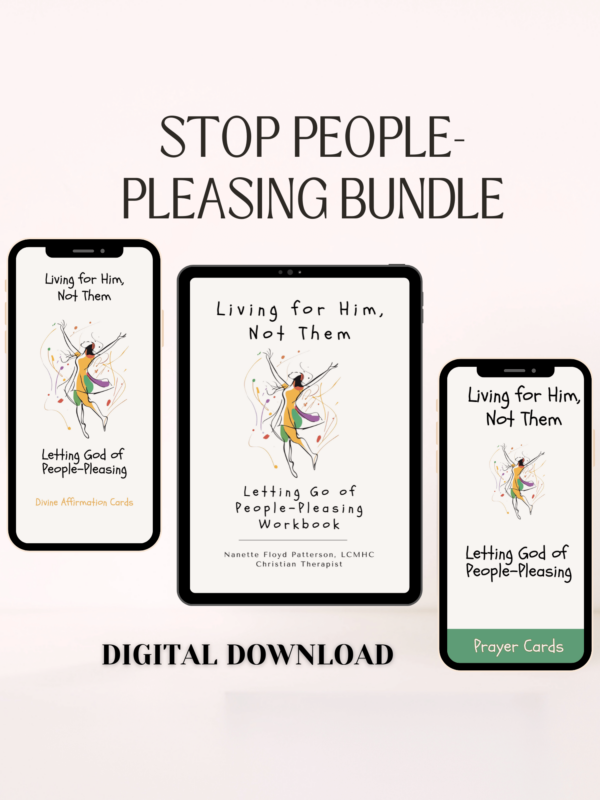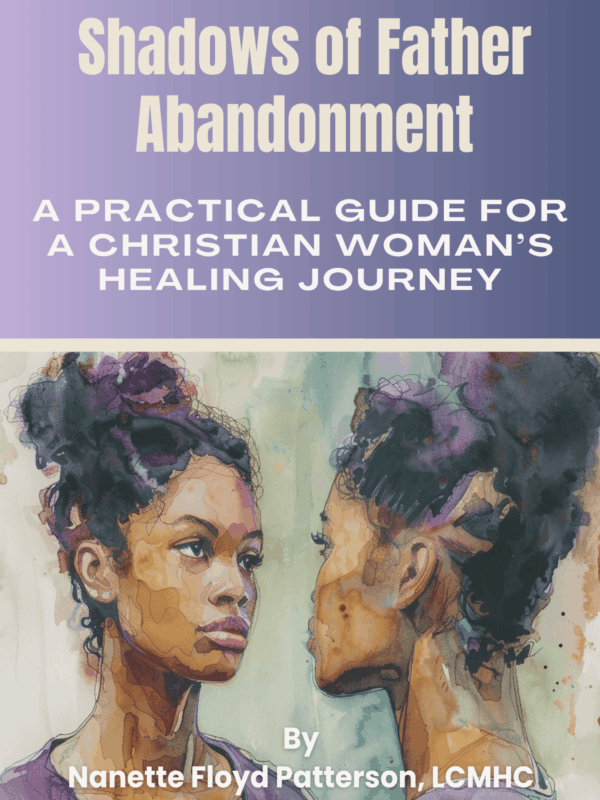
In our “7 Shadows of Loneliness” series, today is all about relationships – and how they can sometimes leave us feeling a bit lonely, whether we’re in one or not. It’s a bit tricky, isn’t it? You can be part of a couple and still feel alone, or you might be single and feeling the weight of not having that special someone.
As previously discussed, and further emphasized in Surgeon General Vivek Murthy’s recent report, loneliness has escalated to alarming levels, becoming a widespread issue. This report by Surgeon General Murthy, which can be found here, identifies the issue of loneliness not only as a societal problem but also as a significant health concern.
In our walk with Christ, we often encounter different forms of loneliness, especially in the realm of relationships. This loneliness manifests in two distinct ways, each with its unique challenges and opportunities for spiritual growth.
Loneliness Within a Relationship:
Sometimes, loneliness creeps in even when we’re in a relationship. This can happen when we’re not aligned spiritually with our partner. Perhaps one of you is more invested in your faith journey than the other, creating a gap that can feel lonely and challenging. It’s like walking two separate paths when you yearn to walk together in Christ.
Emotional disconnect is another aspect. It’s when you and your partner are not connecting on a heart level. Maybe the way you express and receive love differs, or perhaps there’s a deeper issue where emotional needs, rooted in your faith and values, aren’t being met. This kind of loneliness is about longing for a partner who understands and shares your deepest feelings and beliefs.
Communication gaps in day-to-day life can also contribute to this loneliness. In a Christian relationship, sharing daily experiences, joys, struggles, and reflections on God’s word is vital. When this sharing is missing, it can lead to a sense of isolation within the relationship.
Loneliness Outside of a Relationship:
Then there’s the loneliness experienced when you’re not in a relationship. This can often feel like you’re missing out on a special, God-given connection that others enjoy. It’s seeing couples in your church or community and feeling a sense of longing for a partner to share your faith journey with.
This type of loneliness can be intensified by the perception within some Christian communities that being in a relationship or married is the ideal. It can lead to feelings of being incomplete without a partner, overshadowing the completeness found in Christ alone.
However, it’s important to remember that singleness is not a deficit. It’s a season with its own purpose and opportunities for growth in faith and service. Paul talks about the gift of singleness in 1 Corinthians 7, reminding us that every season is an opportunity to serve God in different ways.
In Both Scenarios:
Whether you’re experiencing loneliness within a relationship or in singleness, it’s crucial to bring these feelings to God in prayer. He understands our deepest longings and can provide comfort and guidance. It’s also important to seek fellowship with other believers, as Christian community can offer support, understanding, and sometimes even practical advice for navigating these challenges.
Remember, in every season of loneliness, God is with you. He is your ultimate source of companionship and love, and in Him, you can find the strength and wisdom to navigate the complexities of relationship loneliness.
Here’s some suggestions:
- Lean on Prayer: Whether you’re feeling lonely in a relationship or in your singleness, prayer is your go-to. It’s about laying your feelings before God and seeking His comfort and guidance.
- Honest Conversations: If you’re in a relationship, keep the lines of communication open. Talk about your feelings, hopes, and fears. If you’re single, find a trusted friend or family member to share your thoughts with.
- Quality Time Matters: In a relationship? Make each moment together meaningful. If you’re single, use this time to deepen your relationship with God and explore your interests and passions.
- Seek Guidance: A chat with a pastor or a Christian counselor can be enlightening, whether you’re navigating relationship challenges or exploring your feelings about being single.
- Empathy and Understanding: Try to see things from the other person’s perspective in a relationship. If you’re single, be kind to yourself – understand that your worth isn’t defined by your relationship status.
- Healthy Boundaries: These are crucial, both in a relationship and in your life as a single person. Know your worth and don’t be afraid to stand up for your needs and values.
- Spiritual Growth: Use this time, whether single or coupled, to grow in your faith. This can be through personal Bible study, prayer, or being part of church activities.
- Community Support: Your church family can be a great source of comfort and companionship, regardless of your relationship status.
- Self-Care and Self-Worth: Remember, you are a beloved child of God, worthy of love and care, whether you’re single or in a relationship.
- Gratitude in All Things: Focus on the blessings in your life, whether it’s the lessons you learn from a relationship or the freedom and opportunities you have while single.
Whether you’re feeling lonely in a relationship or as a single person, remember that your journey is unique and God has a plan for you. Embrace where you are, lean on your faith, and know that you’re never truly alone. Let’s keep supporting each other, with God’s love as our guide.
If you’re a Christian coach and you want to add a Christ-centered tools to your toolbox, consider my From Loneliness to Everlasting Companionship Christian Coach Toolkit.
Not sure which of the 7 Shadows your loneliness stems from, take the 7 Shadows of Lonelines Assessment.






